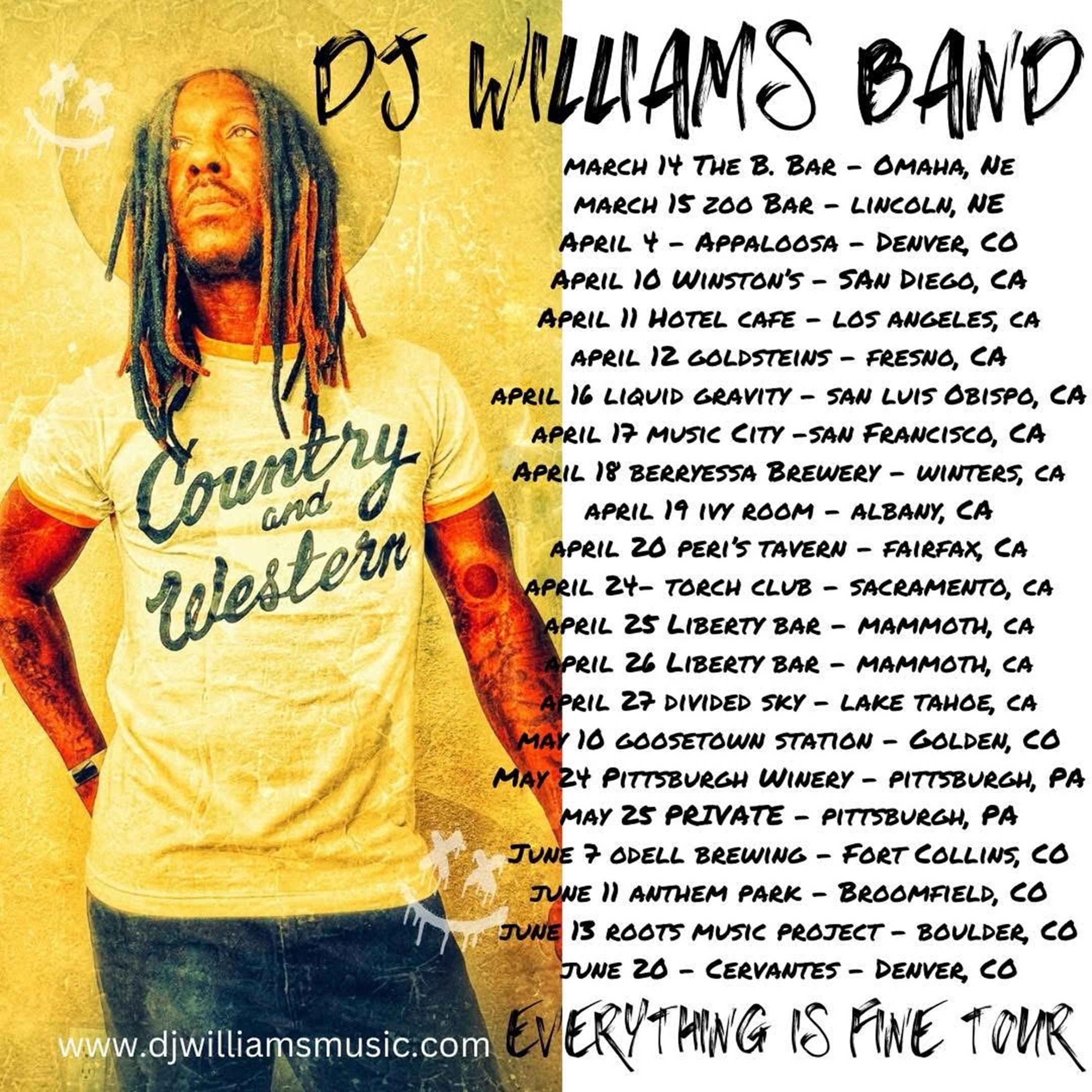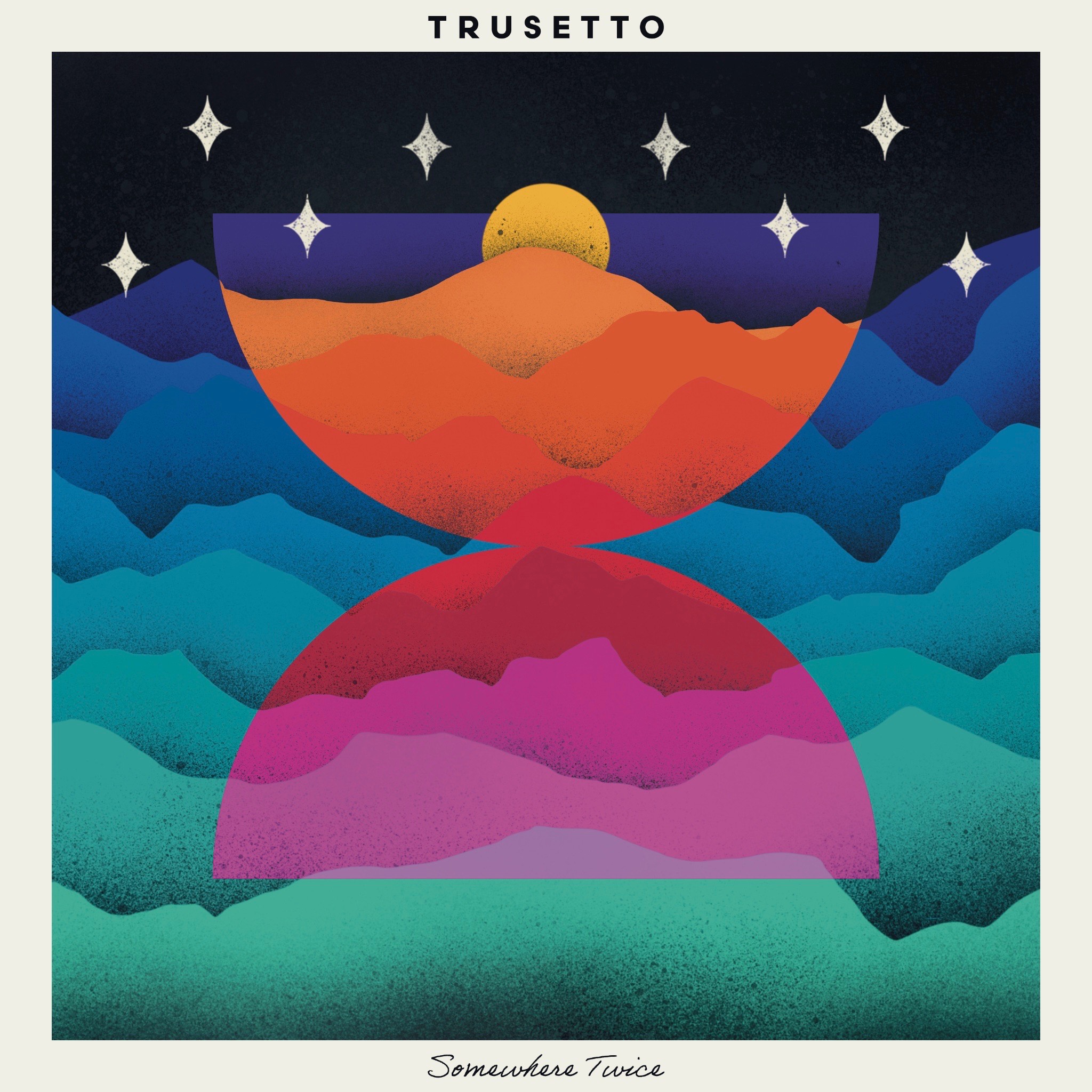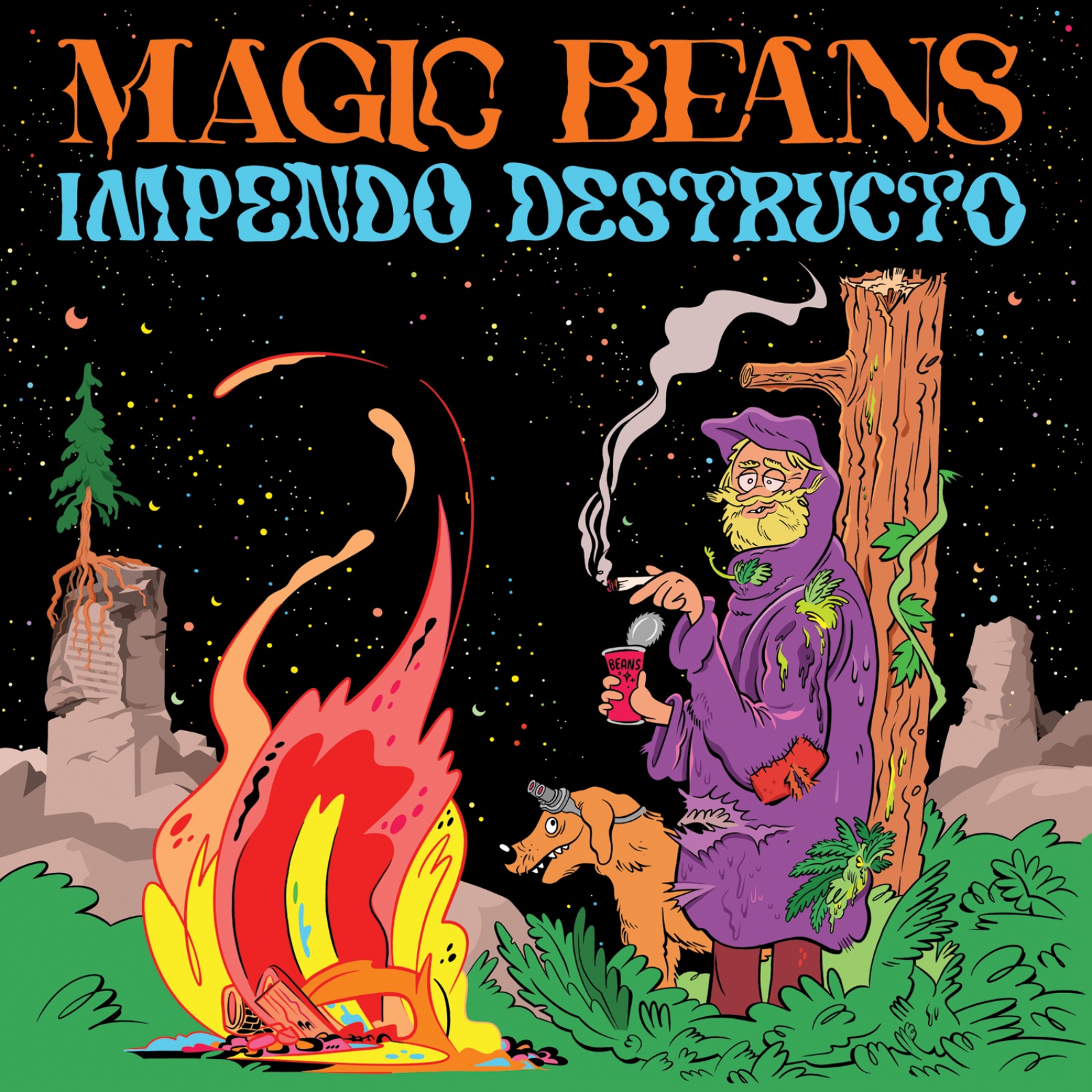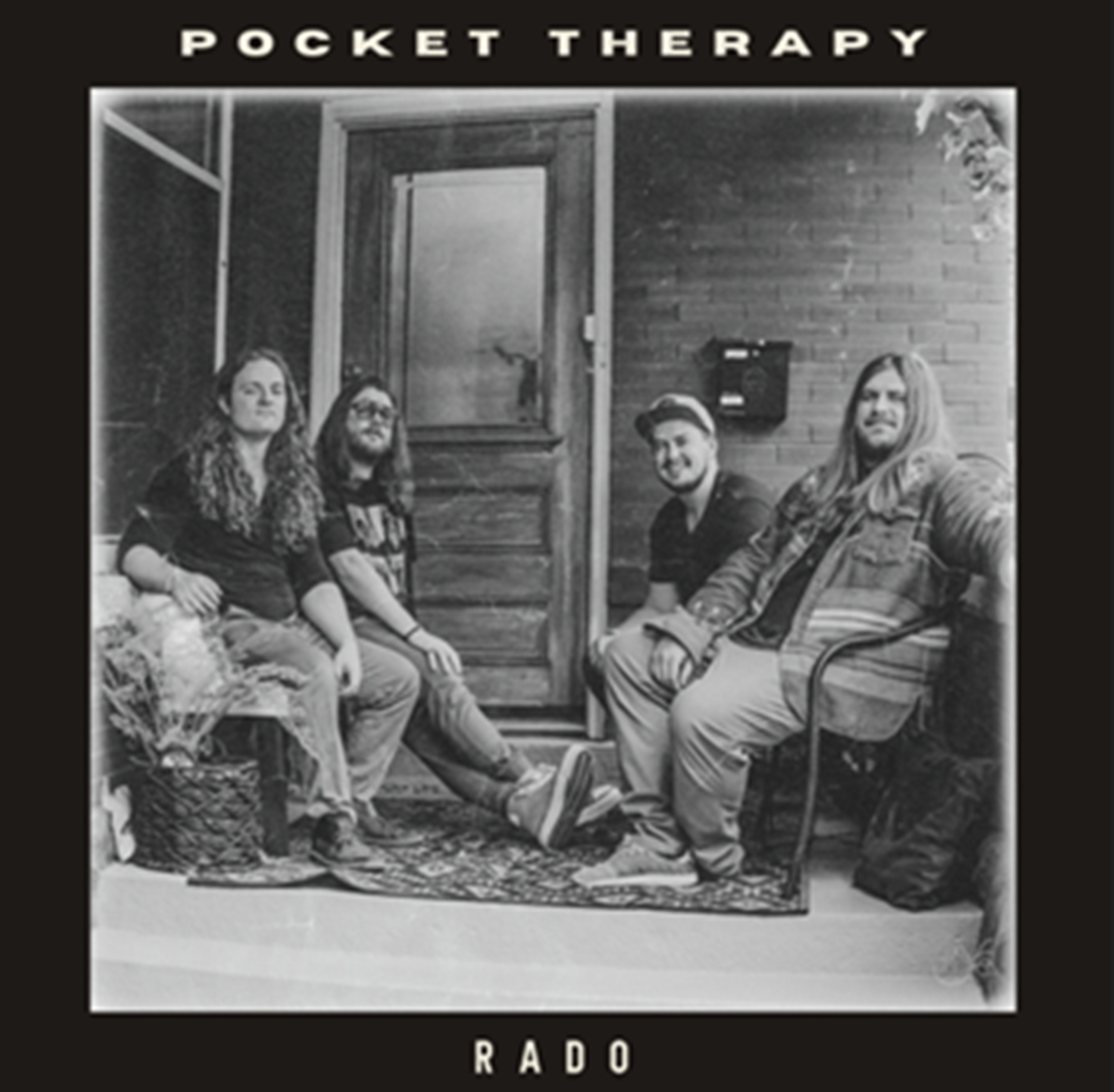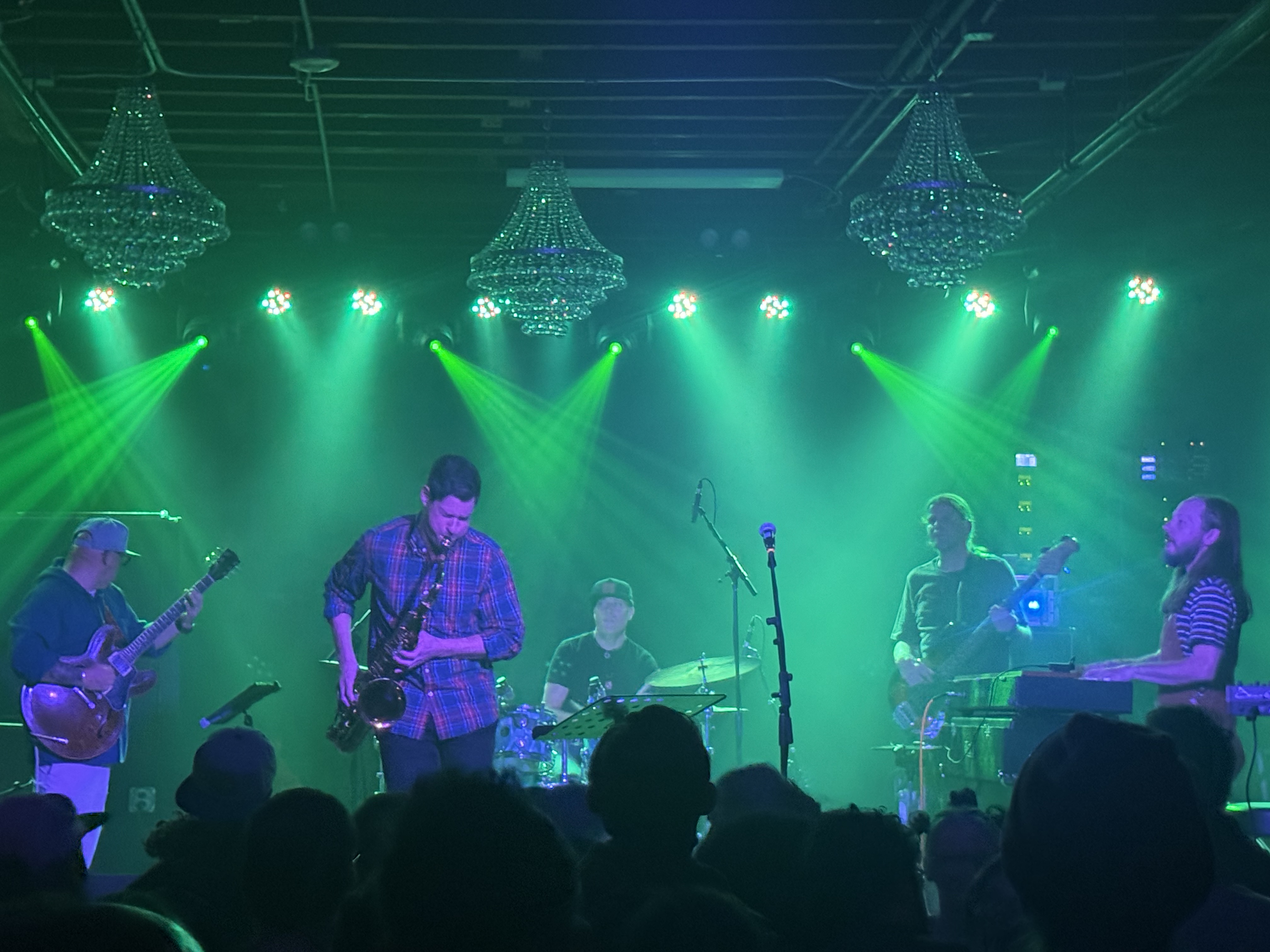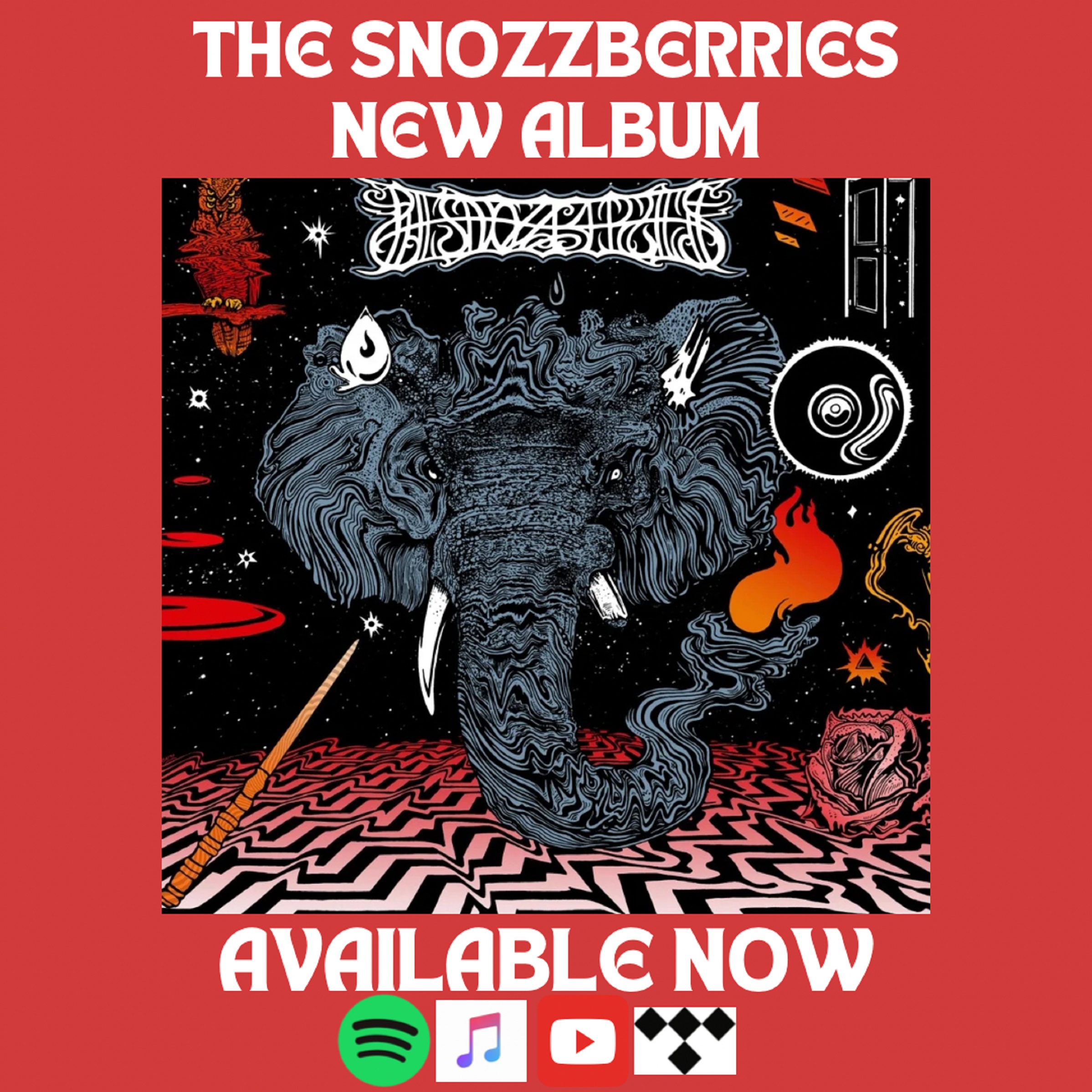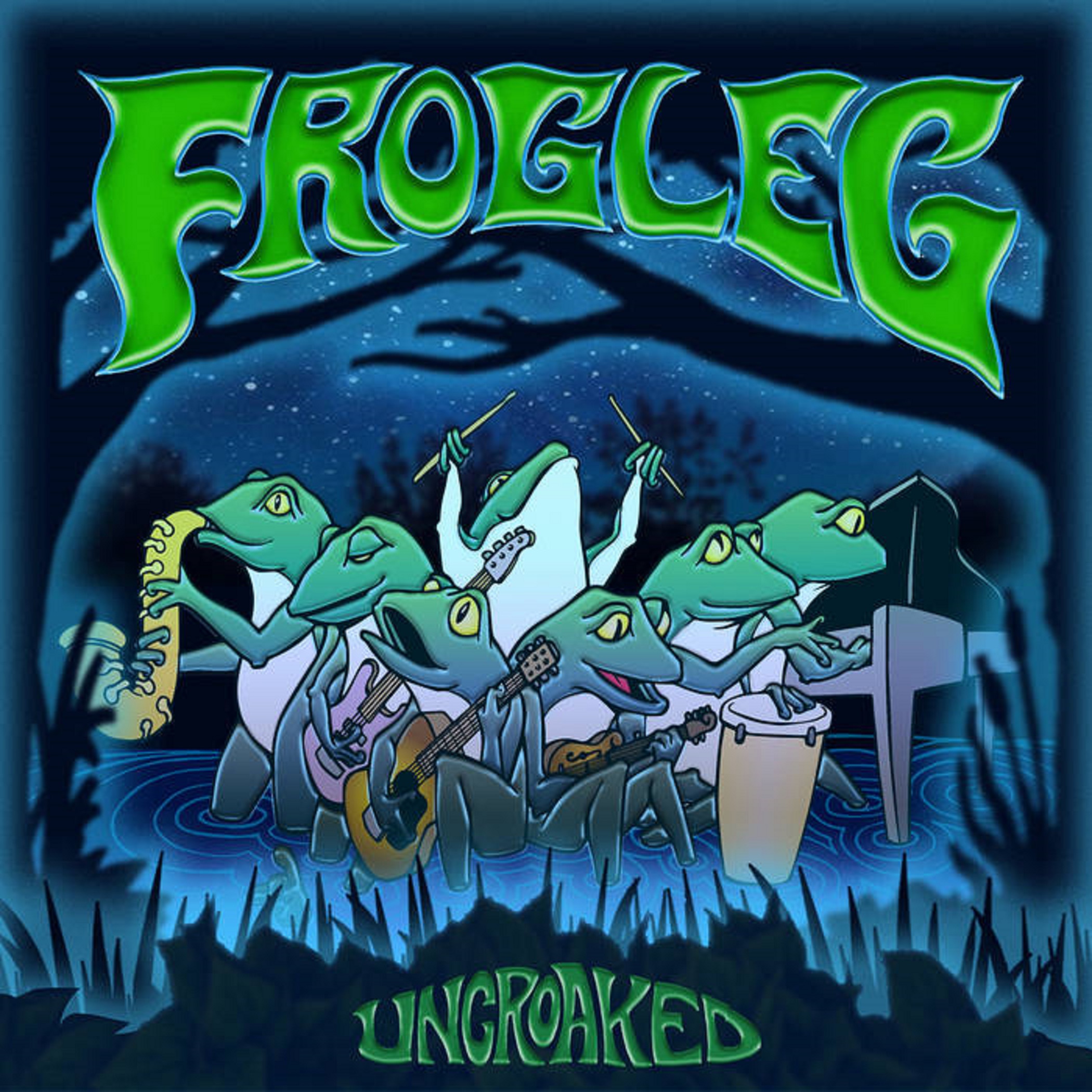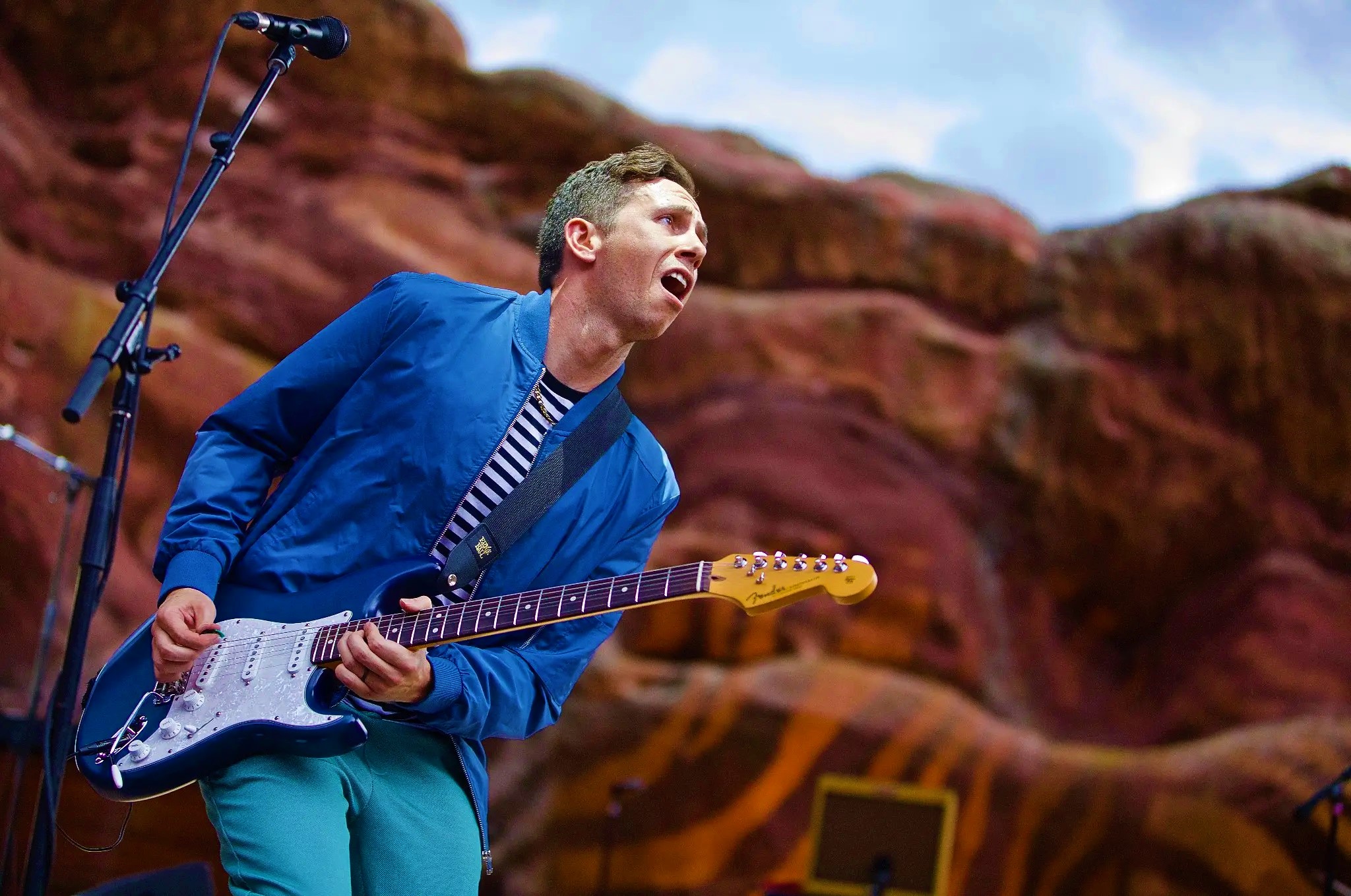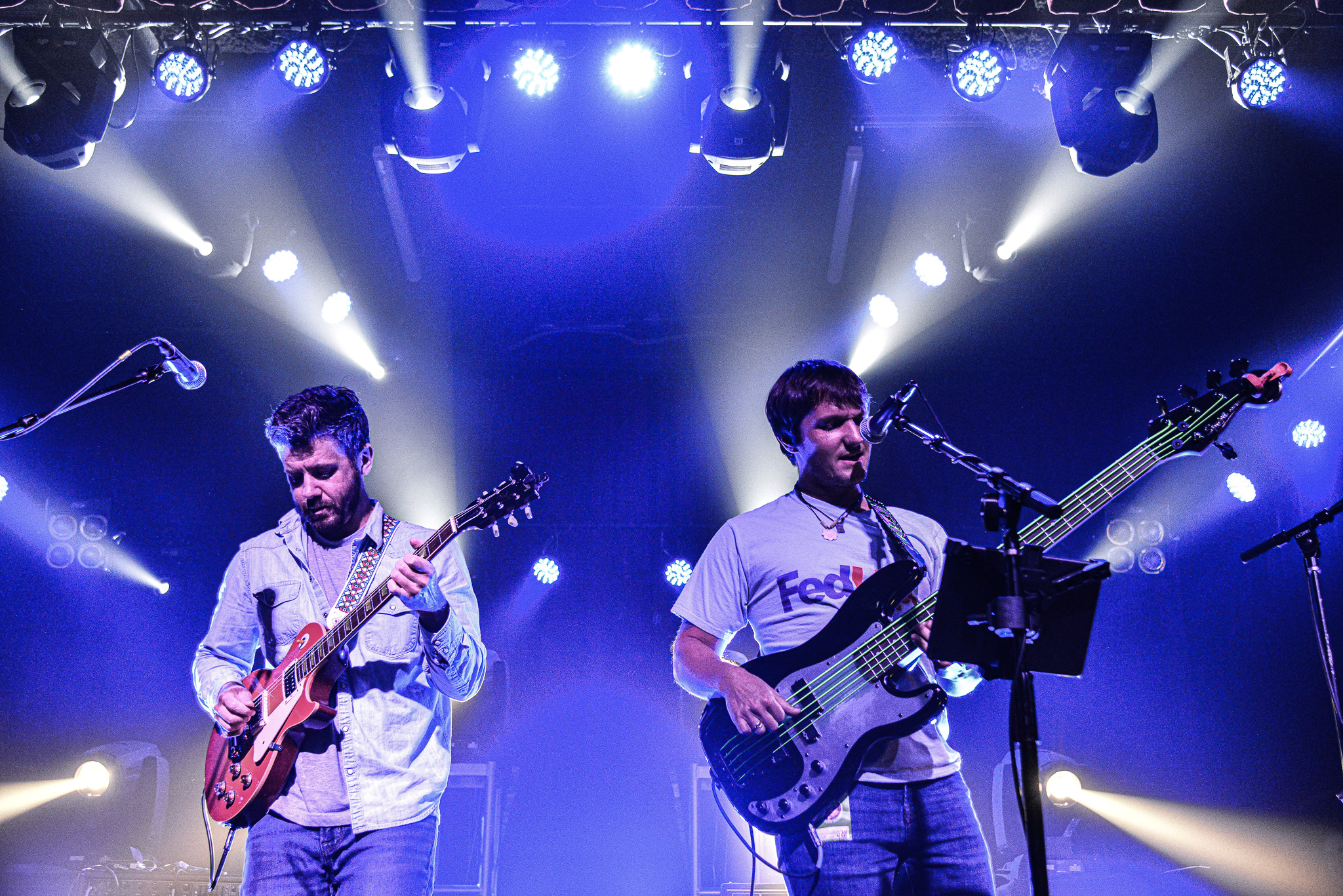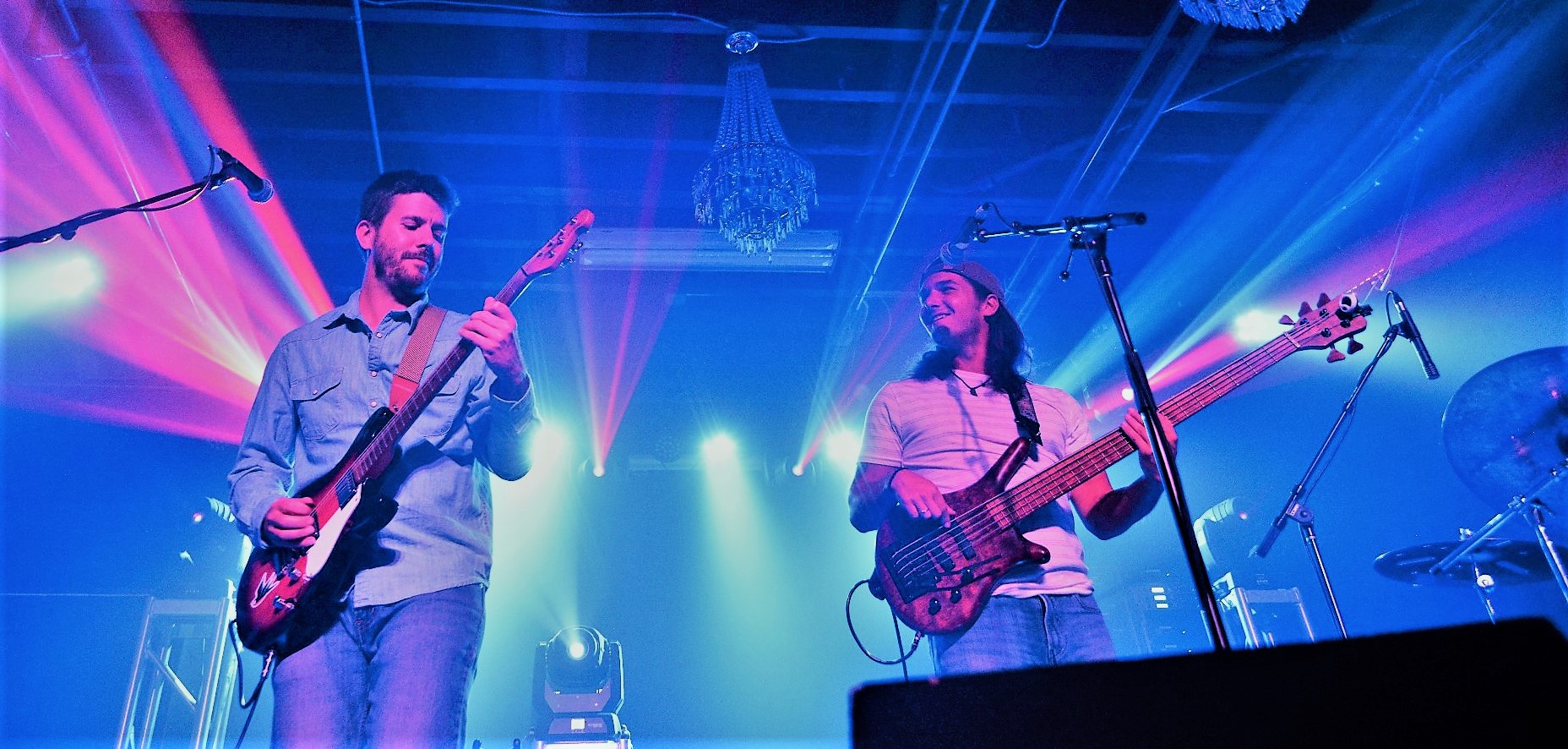Stuck somewhere between obscure, psychedelic Frank Zappa B-sides and the soundtracks to retro Sega Genesis videogames you’ll find the ultra-versatile, moog-driven sounds of Northeast-based jam quartet Dopapod. Between the recent release of their fourth studio effort Never Odd or Even, and an extensive collection of East Coast and Midwest dates alongside the incomparable Umphrey’s McGee, it’s clear the future is looking exceedingly bright for the progressive dance-rock group. In the last four years, Dopapod has developed an ever-growing fan base through a seemingly endless tour schedule, playing some of the summer’s biggest music festivals including Wakarusa, Summer Camp and Electric Forest. Their fourth studio effort, Never Odd or Even, captures Dopapod’s quirky, experimental style being executed with masterful precision and demonstrates the sheer amount of versatility that the palindromic jam-band possesses.
Throughout Never Odd or Even, Dopapod’s jazzy progressions collide with thunderous metal riffs, jam-fueled solos soar seamlessly with uplifting electronic beats and pure soul meets outlandish funk in the most beautiful of ways. The album opens with “Present Ghosts,” a bouncing tune anchored by bassist Chuck Jones’ toe-tapping bassline and keyboardist Eli Winderman’s Moog synthesizers. Sounding similar to the styles of Papadosio or Lotus, the eight-minute opening track dips through a number of peaks and valleys, culminating with a crescendo of guitar solos, keyboards and vocals that fade into “Picture in Picture.” The album’s second track opens with heavy vocals provided by Winderman, then progresses into a mystifying chorus that could easily be considered their most “radio-friendly” track on the album. The change in approach is apparent in Picture, showing a much more mature approach to songwriting and composition than in previous albums. Much like its predecessor, “Picture in Picture,” concludes with a symphony of well-organized noise highlighted by a commanding solo from guitarist Rob Compa. While the opening tracks off Never Odd or Even are undoubtedly compelling, what follows are more developed and distinct pieces that truly embody the progressional sound of Dopapod.
As guitarist Rob Compa explains, “we really felt that the material this time around represented a big leap forward, not just in the way we’ve been interacting as a band, but in the way our focus has become sharper in paying attention to things like melody, theme, lyrical imagery, and structure – all the elements that make a great song."
One of the countless highlights throughout Never Odd or Even is the ten-minute progressive journey of “FABA,” a space-aged tune that delivers an outstanding punch of funk, jazz and electro-rock. The introduction begins with a laid-back, 90’s West Coast groove provided by drummer Scotty Zwang with Winderman’s keyboards sprinkling elements of vintage Dr. Dre throughout the melodic beat. Sounding like something that could be heard blasting from a 64’ Impala in Long Beach, the flowing introduction to “FABA” is signature Dopapod; a combination of slow-tempo funk, ever-building progressive grooves with a dash of video games, fused together to create one insatiable melody. It contains the alien-like presence of Winderman’s Moog, while still keeping the jam understandable for earthlings. Around the five-minute mark, the track begins to build and finally explodes into a high-energy attack of spiraling guitars and mesmeric keyboards. In terms of the sheer composition and the structural organization throughout Never Odd or Even, “FABA” stands as one of Dopapod’s most well composed pieces on the album, hands down.
As we continue down the rabbit hole, things proceed to get weirder and more obscure throughout as Never Odd or Even takes the form of many different genres. Fans who favor Dopapod’s dance-rock style should look to “Nerds” for their fix of out-of-this-world alien rhythms that revolve around, you guessed it, the Moog synthesizer. The track opens with a hilarious sample of a clearly intoxicated man (or woman) complaining that Dopapod “really doesn’t like sing that much,” and she’s better off taking a shot of tequila at the bar. What follows the sample is almost a minimalistic approach to jamtronica, a bass-driven dance beat complimented by one hell-of-a-catchy synthesizer tone, similar to the likes of The New Deal or Particle. The lyrics echo, “no, no, no words” as Dopapod takes off into a dreamy segment filled with experimental electronic funk. What proves to be a common theme throughout Never Odd or Even is keyboardist and lead vocalist Eli Winderman providing the necessary spark to ignite the Dopapod flame. Winderman is at the core of every jam; he provides lyrics when necessary, yet leaves space for the other three musicians around him to breathe, and he shines when the moment is just right.
Just when you thought Never Odd or Even had gone full-blown psychedelic rock, Dopapod segues into the bizarre “Hey Zeus! (¿Que Tal?),” a tune that could easily be mistaken for a Bar Mitzvah party anthem. The introduction features bassist Chuck Jones delivering a heavy rendition of Cream’s “Sunshine of Your Love,” before twisting into an upbeat jam grass trot that provides the backbone for the tune. While Dopapod can be filed under a number of different genres, this seems to be the closest you will ever hear the Northeastern quartet come to playing traditional bluegrass. Odder perhaps, is the transition that follows “Hey Zeus! (¿Que Tal?),” in which Dopapod infiltrates the industrial rock genre with their obscure track “Psycho Nature.” The opening notes mimic the sound of retro Nine Inch Nails covers than any form of jam, and it is this exactly this type of multi-genre blending that makes Dopapod stand above many other rising acts today. Their versatility puts them a step ahead of the game, and Never Odd or Even demonstrates just how far Dopapod has come in four short years.
Never Odd or Even represents a new chapter in Dopapod’s young career, a career that is just blossoming and setting the standard for a the new era jam-fusion bands. The album itself feels noticeably fresh, and lead keyboard Eli Winderman explains “We lived at his studio for about a month for these sessions and it just clicked right away. Jocko immediately became another member of band in many ways. With his attitude and approach to the recording process, we were able to really dial in the sounds we wanted, get those perfect takes we were aiming for, and have a blast the whole way through.” Be sure to look out for Dopapod at this year’s biggest festivals and download their album for free via their official website.







